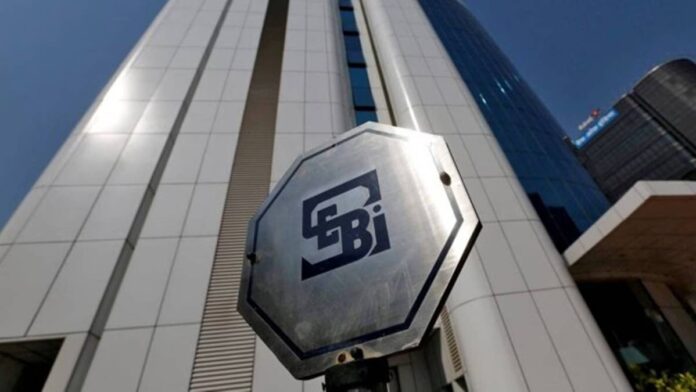Markets regulator Sebi has proposed a new framework for the Closing Auction Session (CAS) in the equity cash market, starting with highly liquid derivative stocks to determine the closing prices of shares.
The proposal, if implemented, is expected to reduce volatility, improve fairness, and make it easier for large and passive investors to execute trades.
How the new CAS would work?
In its consultation paper, Sebi proposed that CAS would be applied in a phased manner, beginning with stocks available in the derivatives segment– those with sufficient liquidity–and later extended to all stocks based on experience gained.
A closing auction session is a short trading period held at the end of the day to determine the final price of a security.
The regulator proposed that session will be held separately for 20 minutes, from 3:15 pm to 3:35 pm, unlike an earlier proposal that suggested conducting it after market hours, between 3:30 pm and 3:45 pm.
ALSO READSEBI chief Tuhin Kanta Pandey cautions MFs over micro-cap stocks
The session would be divided into four phases –reference price calculation, order entry, random close, and final matching.
Index derivatives would continue to close at 3:30 pm, while near-month stock derivatives would close at 3:35 pm on expiry days.
To maintain orderly trading, CAS will operate within a 3 per cent up or down band of the reference price, determined using the VWAP of trades between 3 pm and 3:15 pm.
Potential benefit and the challenges of the new rule
Execution rules will also change, with market orders receiving priority over limit orders–unlike in the pre-open session. Any unexecuted limit orders from the continuous session will automatically move to CAS but cannot be modified, only cancelled.
To enhance transparency, Sebi has proposed the dissemination of real-time data during CAS. This would include the indicative equilibrium price, cumulative buy and sell quantities, and imbalance data– both total and specific to market orders– helping participants make better-informed decisions.
However, Sebi also flagged a potential challenge for passive mutual funds. On index rebalancing days, these funds may face negative cash balances after CAS trades, as they typically avoid holding cash to minimize tracking errors. This could lead to settlement difficulties.
ALSO READSEBI mulls higher block deal size, » Read More


